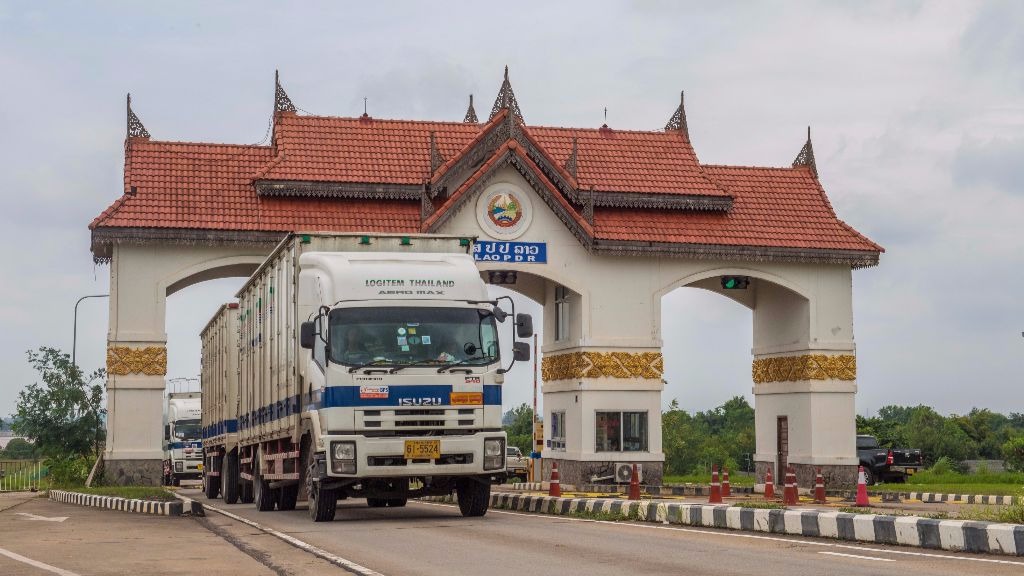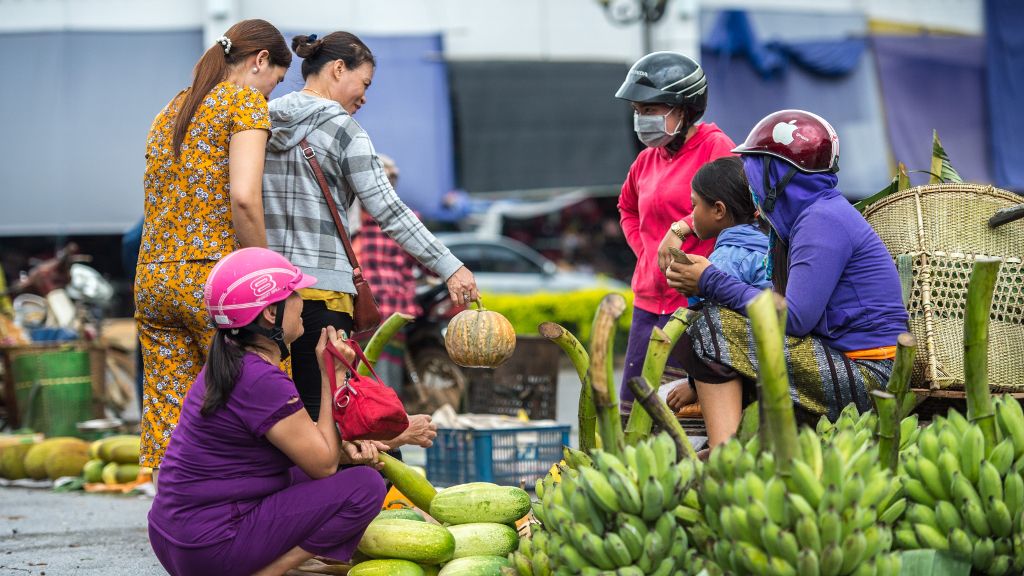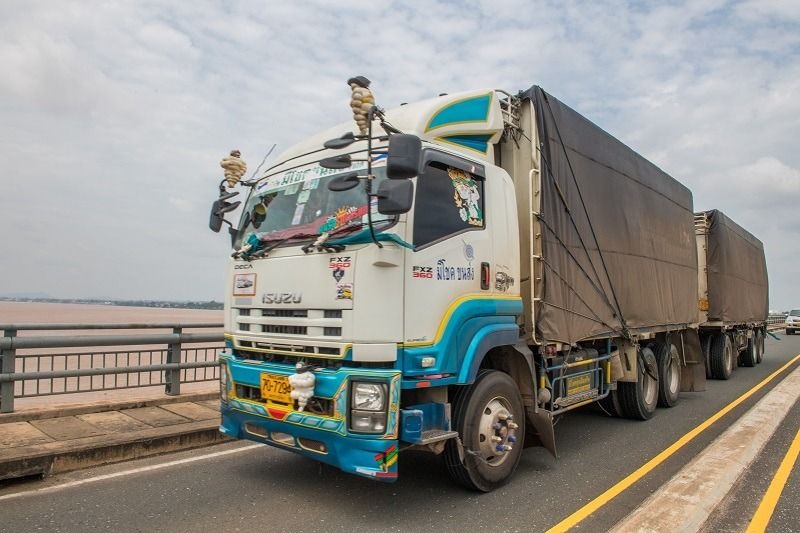How the Lao PDR Can Benefit More from the Economic Corridors
The Lao People’s Democratic Republic lies at the heart of the Greater Mekong Subregion and its economic corridors . However, the country has yet to maximize benefits from the subregion’s investments in infrastructure and services.








